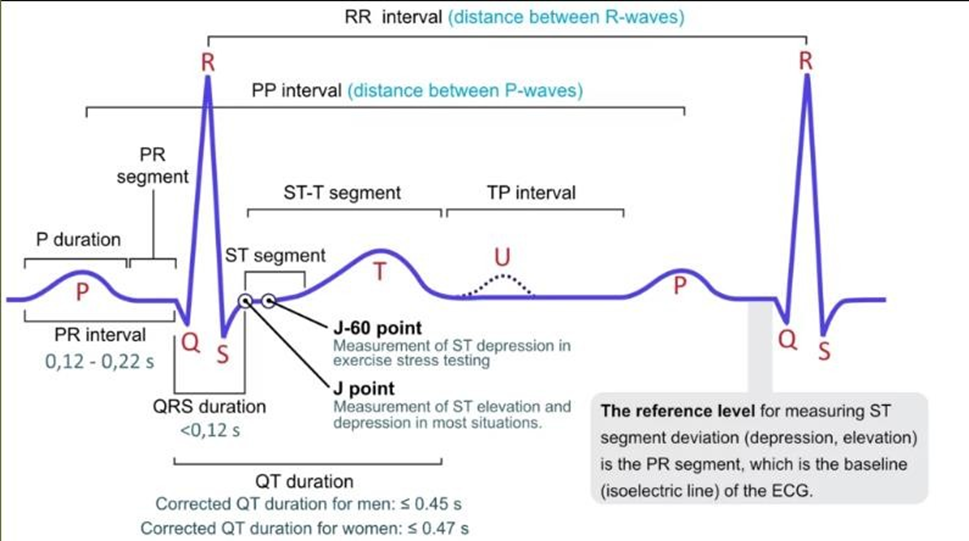A nurse is providing discharge instructions to a client who is severely immunocompromised by HIV. Which of the following should the nurse include in the discharge instructions? (Select all that apply.)
Sterilize dishes before using.
Maintain good hygiene.
Cook meats and fish well.
Avoid consuming raw foods.
Wash hands frequently
Correct Answer : B,C,D,E
A. Sterilize dishes before using: This is not typically necessary. Washing dishes with hot water and soap or using a dishwasher is sufficient to ensure they are clean.
B. Maintain good hygiene: Good hygiene practices are crucial for immunocompromised individuals to prevent infections.
C. Cook meats and fish well: Properly cooking meats and fish helps to kill any harmful bacteria and parasites that could cause infections.
D. Avoid consuming raw foods: Raw foods, especially meats, eggs, and some vegetables, can harbor harmful bacteria and parasites, posing a risk of infection.
E. Wash hands frequently: Frequent handwashing is one of the most effective ways to prevent the spread of infections.
Nursing Test Bank
Naxlex Comprehensive Predictor Exams
Related Questions
Correct Answer is D
Explanation
A. Manage the emotions: Managing emotions is an important aspect of conflict resolution, but it typically occurs after the problem has been clarified and during the negotiation process to promote constructive dialogue and prevent escalation of conflict.
B. Breaking the ground rules: Breaking the ground rules refers to violating established guidelines or principles for effective communication and negotiation. This step is not evident in the scenario described.
C. Disregard the conflict: Disregarding the conflict would involve ignoring or avoiding addressing the issues altogether, which is not an appropriate approach to conflict resolution. The scenario indicates that the nurse manager is actively engaged in addressing the conflict.
D. Clarify the problem: In negotiation, clarifying the problem involves identifying and defining the underlying issues or concerns contributing to the conflict. Creating a list of main issues helps ensure that all parties have a clear understanding of what needs to be addressed and provides a foundation for developing potential solutions.
Correct Answer is "{\"xRanges\":[104.2578125,134.2578125],\"yRanges\":[114.30078125,144.30078125]}"
Explanation

Whether you are a student looking to ace your exams or a practicing nurse seeking to enhance your expertise , our nursing education contents will empower you with the confidence and competence to make a difference in the lives of patients and become a respected leader in the healthcare field.
Visit Naxlex, invest in your future and unlock endless possibilities with our unparalleled nursing education contents today
Report Wrong Answer on the Current Question
Do you disagree with the answer? If yes, what is your expected answer? Explain.
Kindly be descriptive with the issue you are facing.
